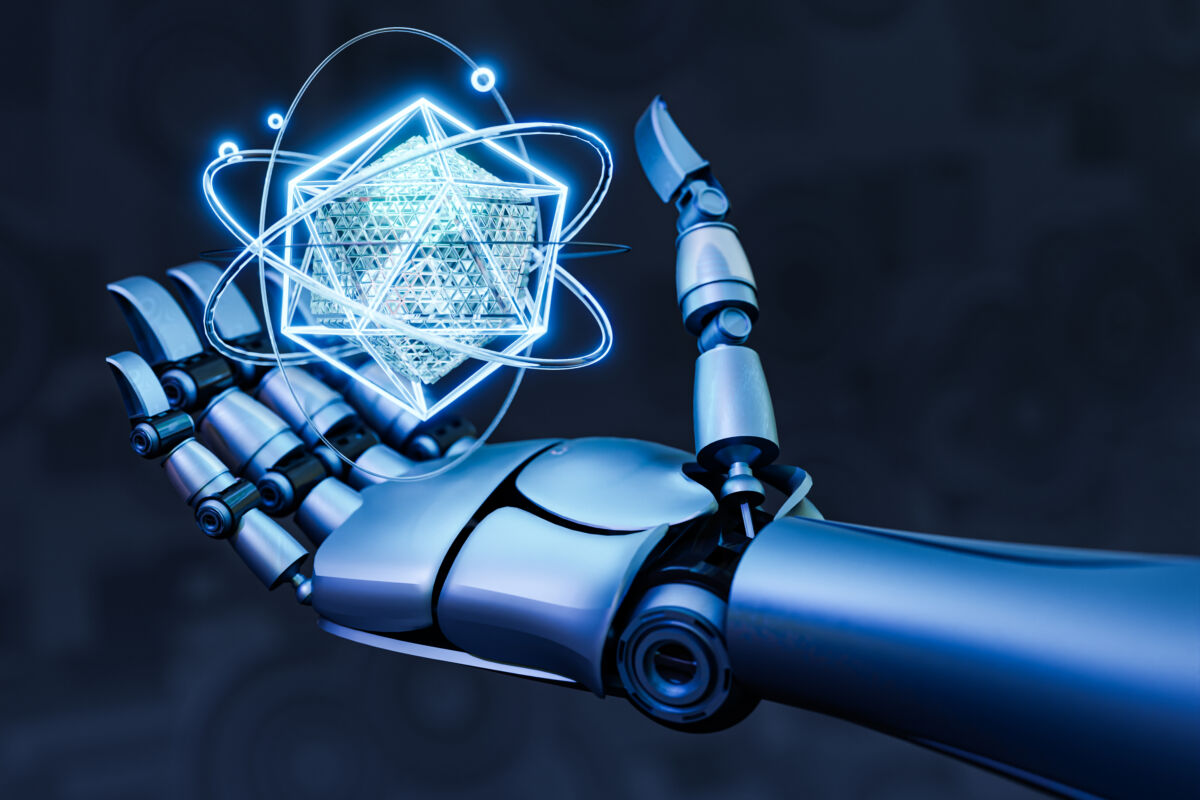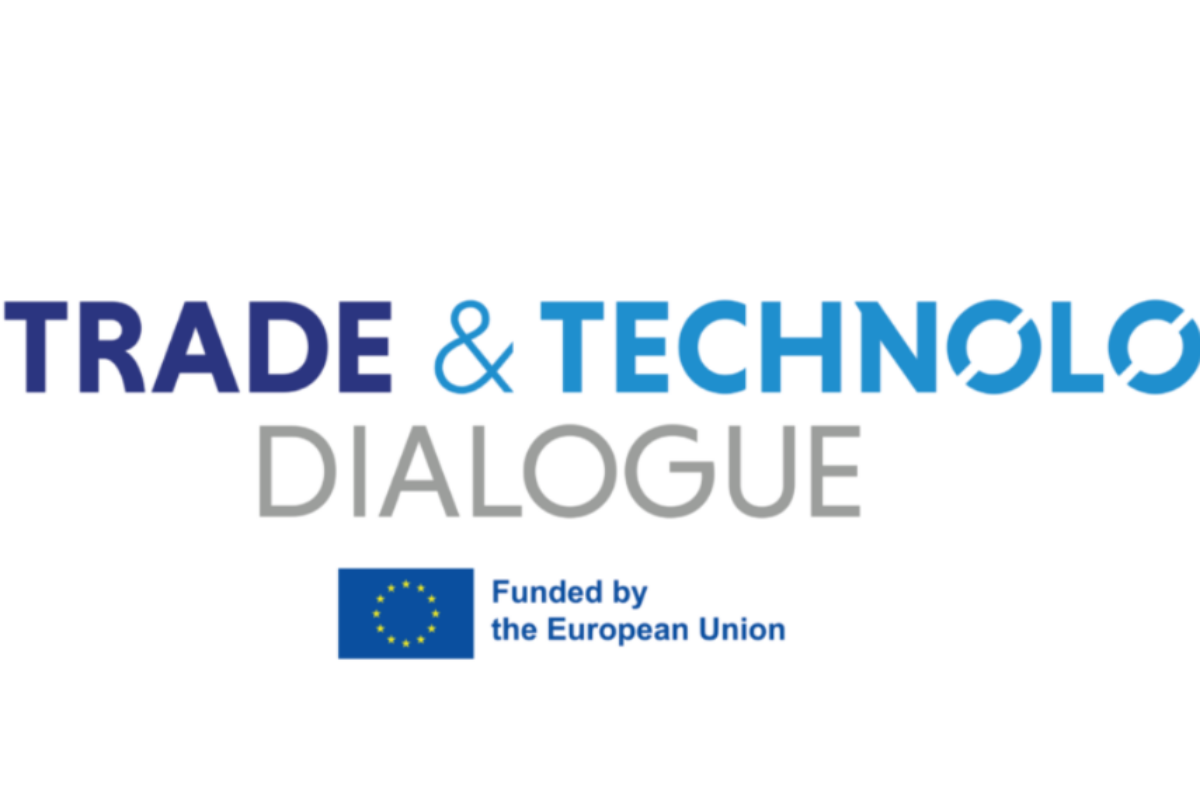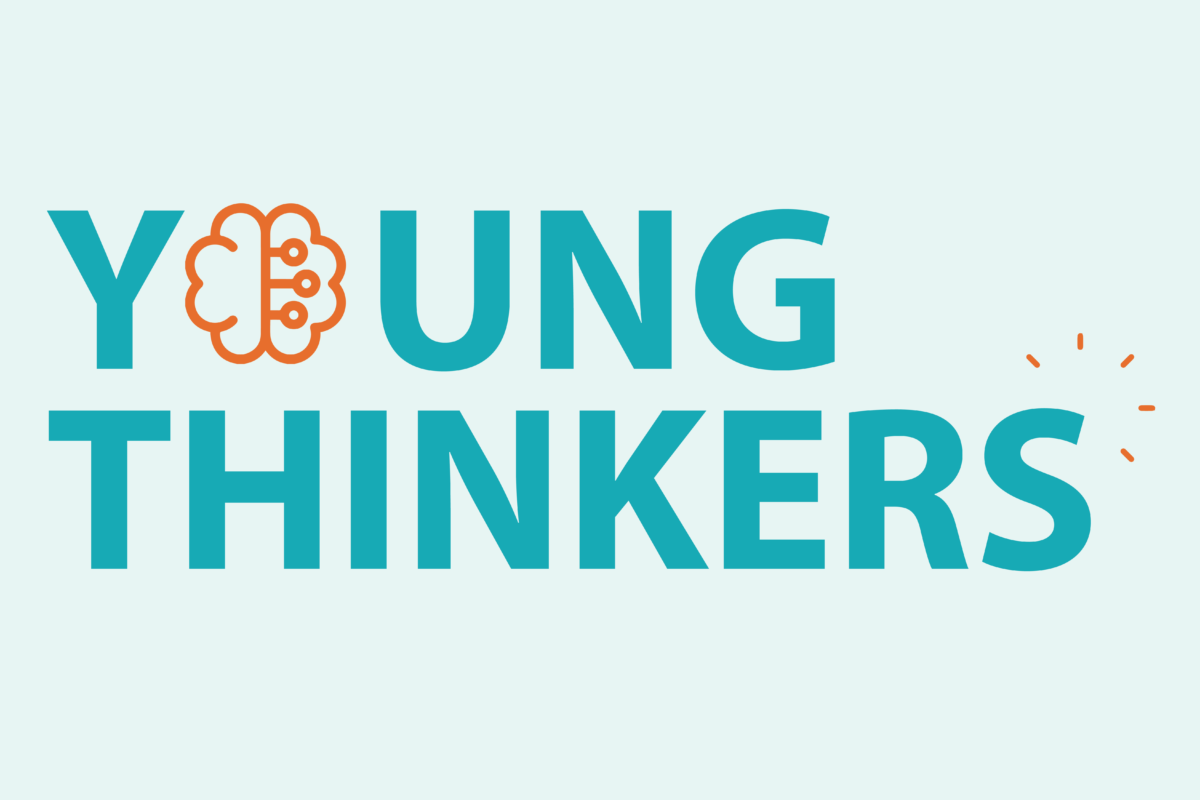Artificial Intelligence (AI) holds tremendous potential to enhance human decisions and to avoid cognitive overload and bias in high-stakes scenarios. To date, however, adoption of AI-based support systems has been minimal in settings such as hospitals, tribunals and public administrations.
The EU recognises the need to foster research and innovation in this field, and on 13 March, TANGO secured €8M to develop the theoretical foundations and the computational framework for synergistic human-machine decision making, paving the way for the next generation of human-centric AI systems. The new EU-funded project that will kick off in autumn 2023, with 21 partner organisations from 9 countries across Europe, is set to strengthen the leadership of Europe in this area.
TANGO argues that in order for AI to fully develop its enormous potential in terms of positive impact on individuals, society and economy, we need to completely rethink the way in which AI systems are conceived. People should feel they can trust the systems they interact with, in terms of reliability of their predictions and decisions, capacity of the systems to understand their needs, and guarantees that they are genuinely aiming at supporting them rather than some undisclosed third party. In other words, a symbiosis should be established between humans and machines, in which all parties are aligned in terms of values, goals and beliefs, and support and complement each other so as to reach objectives beyond what each would be able to do by itself.
“It takes two to TANGO! Our perspective is that a deep mutual understanding between humans and machines is essential for the development of truly effective and innovative AI systems that can expand human reasoning and decision-making capabilities“ says the project coordinator Andrea Passerini.
The potential impact on individuals and society of the TANGO framework will be evaluated on a pool of real-world use cases of extremely high social impact, namely supporting women during pregnancy and postpartum, supporting surgical teams in intraoperative decision making, supporting loan officers and applicants in credit lending decision processes, and helping public policy makers in designing incentives and allocating funds. The success of these case studies will foster the adoption of TANGO as the framework of reference for developing a new generation of synergistic AI systems, and will strengthen the leadership of Europe in human-centric AI.
CEPS will provide an analysis of the Ethical, Legal and Socio Economic (ELSE) factors that arise in theorizing, developing and applying the project to ensure ethical decision making in human-machine interaction. CEPS will also monitor compliance with existing and forthcoming EU law and provide recommendations for policy making.
























